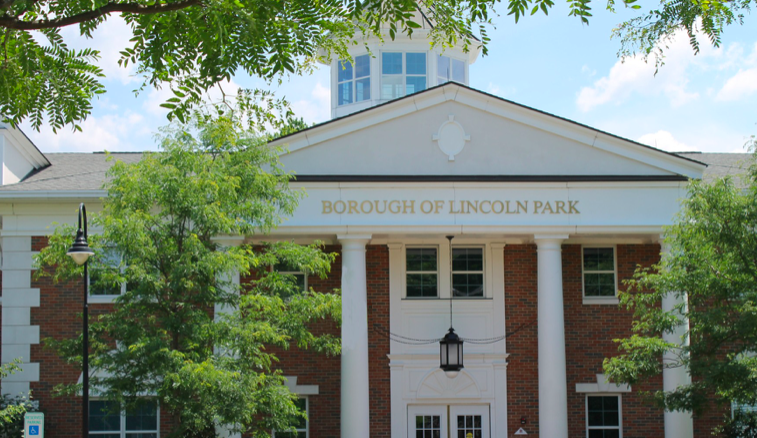
As another Presidents’ Day arrives, Save Jerseyans, only the fringes of U.S. political life (hardcore “all federal authority is evil” libertarians and of course the CRT Democrats) speak ill of Abraham Lincoln. Our 16th president remains one of if not THE most popular presidents in our history. Of course, he barely won his first election in 1860 and, after much doubt, secured a solid reelection margin in 1864 before martyrdom committed his memory to the pantheon of secular American gods.
In New Jersey, where the electorate’s ability to judge character is suspect more often than not (McGreevey? Menendez? Murphy? Just to name three infamous examples…), Garden Staters voted against the Great Emancipator not once, but twice.
“With its southern counties south of the Mason-Dixon line, New Jersey was both geographically and politically a border state as the presidential election of 1860 approached,” the New Jersey Archives explains in its write-up on Lincoln’s first national race. “Having many economic and social ties with the South, many New Jerseyans sympathized with the southern states on deeply divisive issues such as slavery and state’s rights. Lincoln thus lost the popular vote in the election, as the electorate favored Democrat Stephen A. Douglas and other minor party candidates. However, due to how New Jersey’s members of the Electoral College were selected, Lincoln won four of New Jersey’s seven electoral votes.”
Four years of ensuing war and a staggering death toll that shocked all but a few had changed the political environment. Lincoln’s fall election prospects didn’t recover until the fall of Atlanta in late summer 1864.
Lincoln still lost New Jersey’s popular vote for a second time, receiving 60,724 voted (47.2%) to the 68,020 posted by ex-General George B. McClellan (52.8%). McClellan was of course the general who built the Army of the Potomac into a capable fighting force but subsequently refused to engage Robert E. Lee and, in so doing, prolonged the war. McClellan won the Democrat nomination in ’64 on a platform of ending the war by way of a negotiated peace.
McClellan would (much) later serve as governor of New Jersey from January 15, 1878 to January 18, 1881. Patronage scandals, however, led to the election of GOP majorities in both house of the state legislature which limited the Democrat’s effectiveness for the remainder of his relatively short tenure in Trenton. Some things never change!


